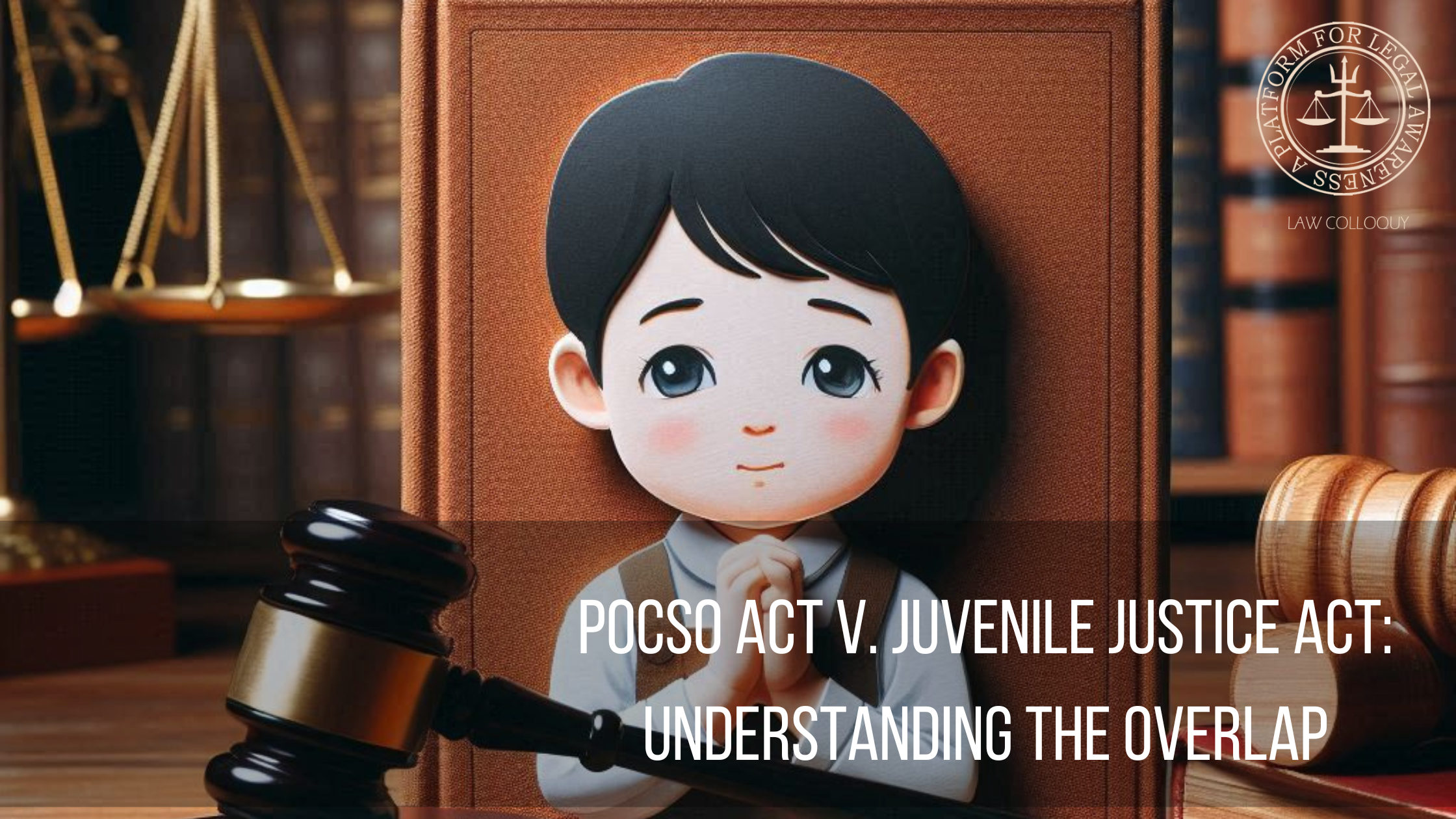POCSO Act vs Juvenile Justice Act: Understanding the Overlap
The Indian legal system provides a comprehensive framework for the protection and welfare of children through two major legislations: the Protection of Children from Sexual Offences Act, 2012 (POCSO Act) and the Juvenile Justice (Care and Protection of Children) Act, 2015 (JJ Act). While both laws aim to safeguard the interests of children, their areas of focus differ. The POCSO Act is designed to address and penalise sexual offences against children, whereas the JJ Act ensures the welfare, rehabilitation, and adjudication of children who are either victims or offenders. However, complex legal challenges emerge when a child is both the alleged offender and the victim, or when sexual acts involve two minors in a consensual relationship. This blog explores the overlapping areas between these laws, the judicial response, and the way forward for a child-sensitive and balanced application of the two statutes.
Differences between “May Presume” “Shall Presume” And “ Conclusive Proof
As per the dictionary, the meaning presumption is ‘an idea that is taken to be true on the basis of probability’ or ‘the act of believing that something is true without having any proof’.
Meaning of Lawyer, Advocate, Solicitor, Barrister and more
Generally, lawyers, advocates, barrister, solicitors are considered equivalent words, but they are having different meaning, importance, and nature.
Meaning & Explanation about Law, Bill, Act and Ordinance
Law is a set of rules and regulations enacted by the parliament to direct the conduct of people.

